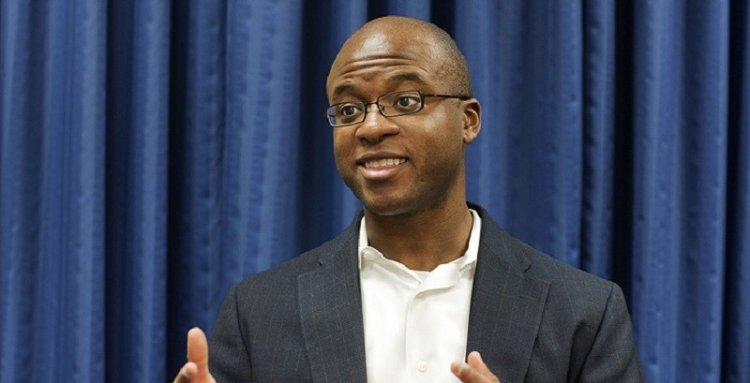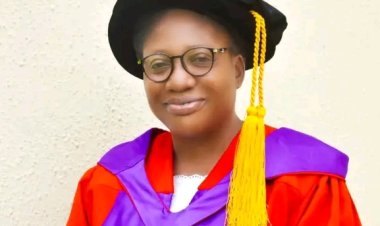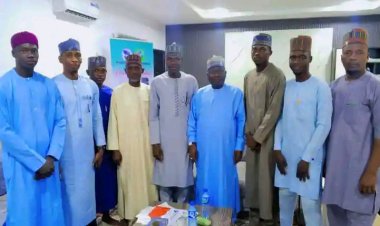Meet John Dabiri; Nigerian-American Engineer Who Became a Professor at 25
John Dabiri, a distinguished Nigerian-American engineer and professor at the California Institute of Technology (Caltech), made history by becoming a Caltech professor at just 25 years old. Renowned for his research in fluid mechanics, Dabiri’s work connects biological insights, like jellyfish propulsion, with sustainable technologies such as advanced wind turbines.

John Dabiri, a Nigerian-American engineer renowned for his pioneering research and academic achievements, has distinguished himself as a leader in both academia and technology. Now the Centennial Chair Professor at the California Institute of Technology (Caltech), Dabiri began his career with remarkable early success, securing his first professorship at Caltech at just 25 years old.

Dabiri’s expertise is rooted in fluid mechanics, where his groundbreaking research has spanned applications in biology, energy, and environmental science. Known for his innovative studies in biological fluid dynamics, Dabiri has explored phenomena such as jellyfish propulsion to inform designs for more efficient wind turbines, marking a critical intersection between natural biology and sustainable technology.
Throughout his career, Dabiri has been recognized with multiple prestigious honors, including the MacArthur Fellowship, often dubbed the "Genius Grant," and the Alan T. Waterman Award. These accolades underline his impact in both scientific research and societal advancement. Furthermore, Dabiri’s influence extends into the highest levels of scientific advising, as he serves on President Joe Biden’s Council of Advisors on Science and Technology (PCAST), where he contributes to shaping the nation’s science and technology policies.
In addition to his academic and advisory roles, Dabiri is a board member at NVIDIA, one of the world’s leading technology firms. His role in the tech industry signifies his growing influence in technology beyond traditional academia, as he supports innovative developments in computational science, artificial intelligence, and engineering.

 Chris Oyeoku Okafor
Chris Oyeoku Okafor 



